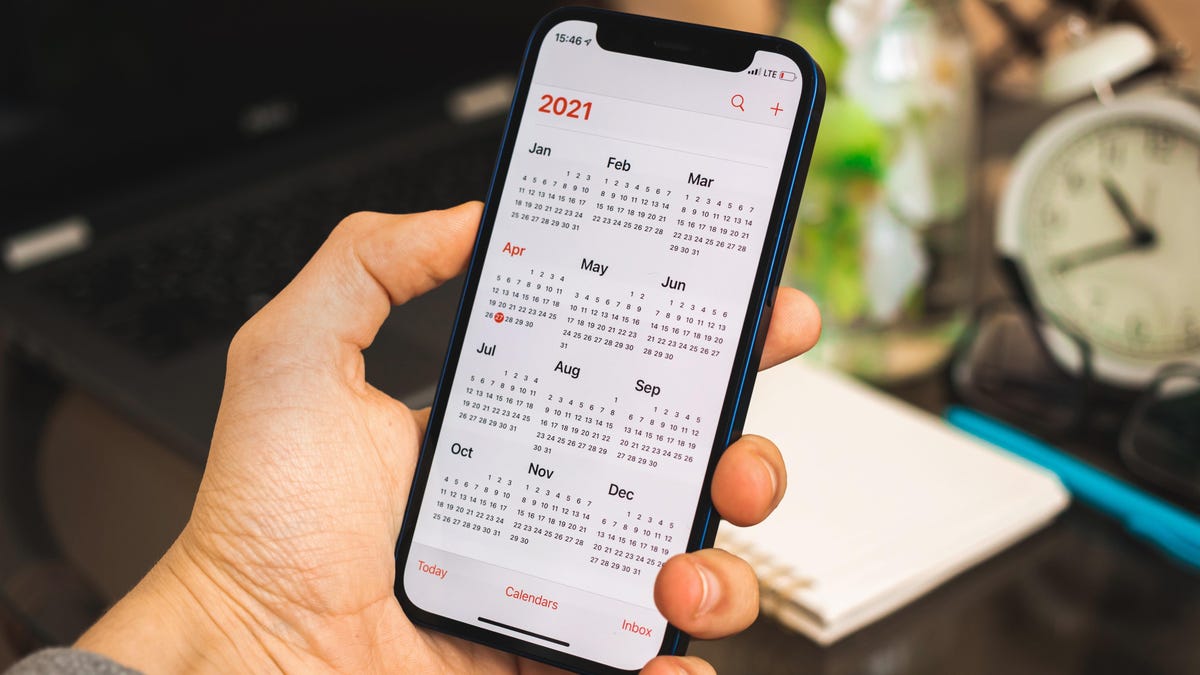[ad_1]

If your iPhone starts showing random calendar events that read: “Your iPhone is HACKED,” you may have been subscribed to a spam calendar. While scary, it’s nothing you can’t take care of—it’s easy to unsubscribe once you know what to do.
How calendar spam starts
We’ve all visited websites that sends spam messages like, “Your phone is infected, CLEAN IT NOW.” If you click the wrong button on such a site, it may subscribe you to spam calendar containing links to phishing sites or other malware. The calendar itself is relatively harmless, but it likely includes links that take you to scam websites. If you avoid clicking these links, your data is likely safe. However, you’ll still see these intimidating (and annoying) calendar alerts fairly often.
Some calendars send notifications far more frequently than others, and you may end up facing embarrassing situations if the calendar contains expletives or other inappropriate messages.
How to delete calendar spam from your iPhone
In most cases, these spam attacks target the stock Calendar app on your iPhone. Open the app and tap the Calendars button located near the bottom corner of the screen. Then remove all the calendars you don’t recognize by unchecking them, which will clear the spam from your iPhone. You can also delete these calendars entirely by tapping the i button next to the calendar, scrolling to the bottom, and tapping Delete Calendar.
You may not be able to delete calendars linked to your Gmail or Outlook accounts via this method (although you can still hide them from the stock Calendar app on the iPhone). To delete spam calendars linked to accounts other than iCloud, open their respective calendar apps and get the job done. For example, the Google Calendar app allows you to delete Gmail calendars.
To prevent calendar spam in the future, be careful when dealing with pop-ups on new websites. When you tap one by accident, iOS tries to protect you by asking whether you really want to add the new instance to your calendar. Carefully review the text in the pop-up and decline calendar addition requests.
Using a good adblocker or a custom DNS such as NextDNS is also a great idea. These services can automatically block a bunch of spammy domains so you don’t end up on these sites in the first place.
[ad_2]
Source link
